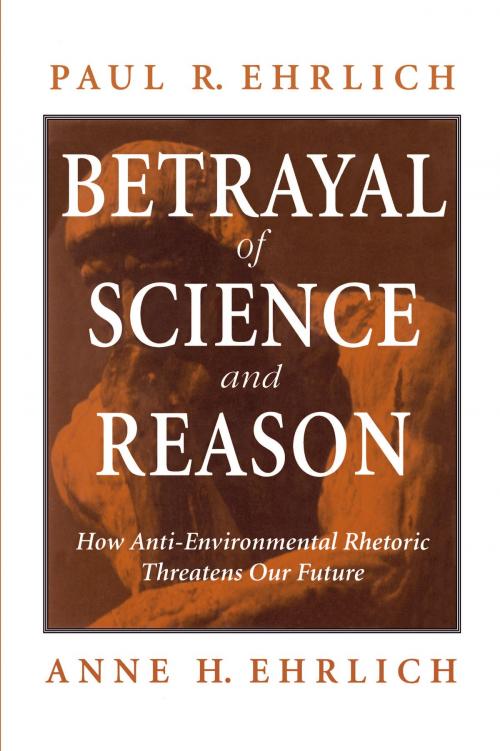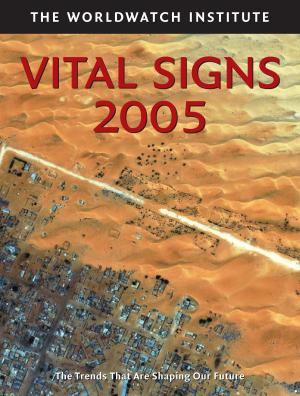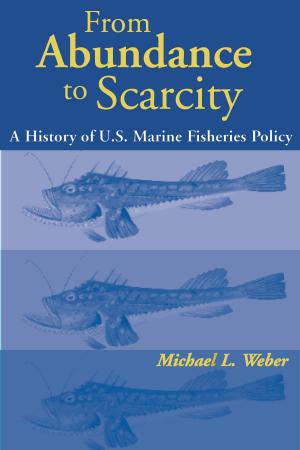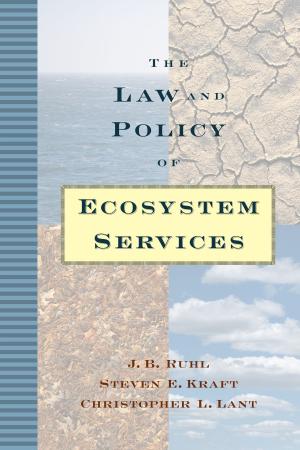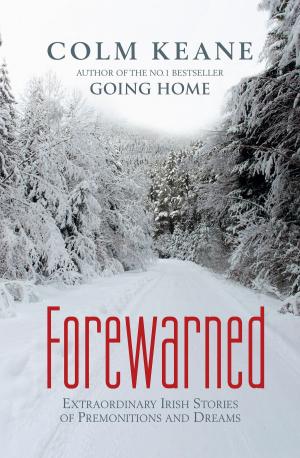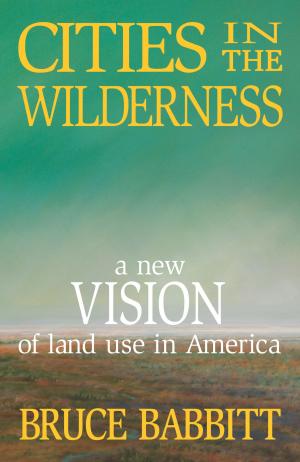Betrayal of Science and Reason
How Anti-Environmental Rhetoric Threatens Our Future
Nonfiction, Science & Nature, Science, Biological Sciences, Environmental Science, Social & Cultural Studies, Political Science, Government, Public Policy| Author: | Paul R. Ehrlich, Anne H. Ehrlich | ISBN: | 9781610912501 |
| Publisher: | Island Press | Publication: | April 15, 2013 |
| Imprint: | Island Press | Language: | English |
| Author: | Paul R. Ehrlich, Anne H. Ehrlich |
| ISBN: | 9781610912501 |
| Publisher: | Island Press |
| Publication: | April 15, 2013 |
| Imprint: | Island Press |
| Language: | English |
In this hard-hitting and timely book, world-renowned scientists and writers Paul R. Ehrlich and Anne H. Ehrlich speak out against what they call the "brownlash." Brownlash rhetoric, created by public relations spokespersons and a few dissidscientists, is a deliberate misstatemof scientific findings designed to support an anti-environmental world view and political agenda. As such, it is deeply disturbing to environmental scientists across the country. The agenda of brownlash proponents is rarely revealed, and the confusion and distraction its rhetoric creates among policymakers and the public prolong an already difficult search for realistic and equitable solutions to global environmental problems.
In Betrayal of Science and Reason, the Ehrlichs explain clearly and with scientific objectivity the empirical findings behind environmental issues including population growth, desertification, food production, global warming, ozone depletion, acid rain, and biodiversity loss. They systematically debunk revisionist "truths" and counter the erroneous information and misrepresentation put forth by the brownlash, presenting accurate scientific information about currenvironmental threats that can be used to evaluate critically and respond to the commentary of the brownlash. They include important background material on how science works and provide extensive references to pertinscientific literature. In addition, they discuss how scientists can speak out on matters of societal urgency yet retain scientific integrity and the support of the scientific community.
Betrayal of Science and Reason is an eye-opening look at currenvironmental problems and the fundamental importance of the scientific process in solving them. It presents unique insight into the sources and implications of anti-environmental rhetoric, and provides readers with a valuable means of understanding and refuting the feel-good fables that constitute the brownlash.
In this hard-hitting and timely book, world-renowned scientists and writers Paul R. Ehrlich and Anne H. Ehrlich speak out against what they call the "brownlash." Brownlash rhetoric, created by public relations spokespersons and a few dissidscientists, is a deliberate misstatemof scientific findings designed to support an anti-environmental world view and political agenda. As such, it is deeply disturbing to environmental scientists across the country. The agenda of brownlash proponents is rarely revealed, and the confusion and distraction its rhetoric creates among policymakers and the public prolong an already difficult search for realistic and equitable solutions to global environmental problems.
In Betrayal of Science and Reason, the Ehrlichs explain clearly and with scientific objectivity the empirical findings behind environmental issues including population growth, desertification, food production, global warming, ozone depletion, acid rain, and biodiversity loss. They systematically debunk revisionist "truths" and counter the erroneous information and misrepresentation put forth by the brownlash, presenting accurate scientific information about currenvironmental threats that can be used to evaluate critically and respond to the commentary of the brownlash. They include important background material on how science works and provide extensive references to pertinscientific literature. In addition, they discuss how scientists can speak out on matters of societal urgency yet retain scientific integrity and the support of the scientific community.
Betrayal of Science and Reason is an eye-opening look at currenvironmental problems and the fundamental importance of the scientific process in solving them. It presents unique insight into the sources and implications of anti-environmental rhetoric, and provides readers with a valuable means of understanding and refuting the feel-good fables that constitute the brownlash.
